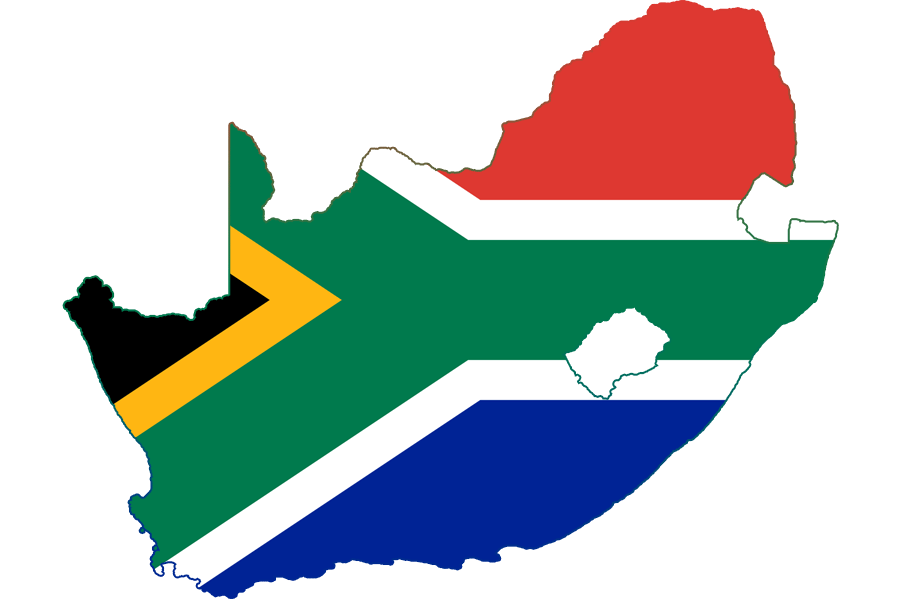Impressive war stories

When compared with UK salaries, earnings can be lower, but almost everything is cheaper in South Africa
The Register: How did you arrange your new gig?
Lawrence Hunt: My uncle knew a guy who worked for University of Cape Town's tech support team, and he set it all up. I did a phone interview, and since I had a passport there was no complicated work permit or anything, I just got on a plane and flew on down.
I lived with my family for a few weeks before moving in with friends at the university. Organising a work permit isn't hard so much as it is expensive and time-consuming.
The Register: Pay: up or down?
Lawrence Hunt: In terms of direct comparison with my UK salary, way down. In terms of what I could buy with it, about the same. As the rand slowly fell against the pound during my time there, I felt poor compared with my friends back home, but I still had a good standard of living compared with my colleagues in-country. Everything is cheaper in South Africa, so while you won't be making as much in pounds, you'll be making enough in rand.
The Register: How do workplaces differ between home and South Africa?
Lawrence Hunt: I suspect my experience wasn't typical - after six months at the university I moved 1,500km to Queenstown, to a small, family-owned outfit doing tech support and contract work for domestic, commercial, and school customers.
It was a relaxed atmosphere, but there's no health and safety, no training, no real concern for legality. We used to free-climb towers to do radio installs: no harness, no rigging, just you, the ladder in one hand, and a radio in the other (and a firm grip).
The Register: Will your expat gig be good for your career?
Lawrence Hunt: I hope so - if nothing else, it's given me impressive war stories for interviews. "Describe a tough assignment in your career." Well, there was the time I turned up at a township school to do a cat5 fit-out and literally everything had been stolen. Computers, copper, lead off the roof, light bulbs, window panes, curtains, doors, everything.
The Register: What's cheaper in South Africa? What's more expensive?
Lawrence Hunt: Food, especially good meat, is much cheaper than it is here. Rent is very expensive, especially if you want to live alone - I wound up sharing a four-bedroom house with five other guys. Bunk-beds are your friend! Utilities can be expensive, especially internet, and especially especially if you live out of the centre of town. Utilities are subsidised in townships, and so the prices are higher in towns.
The Register: What will you miss about South Africa now you're home?
Lawrence Hunt: The food! Especially boerewors, a kind of thick, rich sausage like a super-Cumberland, and a Xhosa dish called umngqusho (mm-n(click)-shoo).
The weather, especially when I'm doing mast work.
And pineapple Fanta! (it's awful, a sort of thin chemical soup, but it's weirdly addictive).
Most of all the people. South Africans are warm, friendly, and crazy, but you can't help loving them.
The Register: What's your top tip to help new arrivals settle in?
Lawrence Hunt: Take fifteen minutes and learn a few words of whatever the local language is - in Cape Town, Xhosa, in Durban, Zulu, in Johannesburg/Pretoria it's Zulu or Sotho/Sesotho. Learn at least a little Afrikaans as well. Everyone speaks English, but being able to understand even a little bit of the local language will help.
South Africa has eleven official languages and nobody expects you to speak them all, but all South Africans speak at least two. Most black South Africans can speak four or five.
Also, if someone invites you to a braai, you say "Yes!". It's a barbecue, heavy on the sausage and beer.

